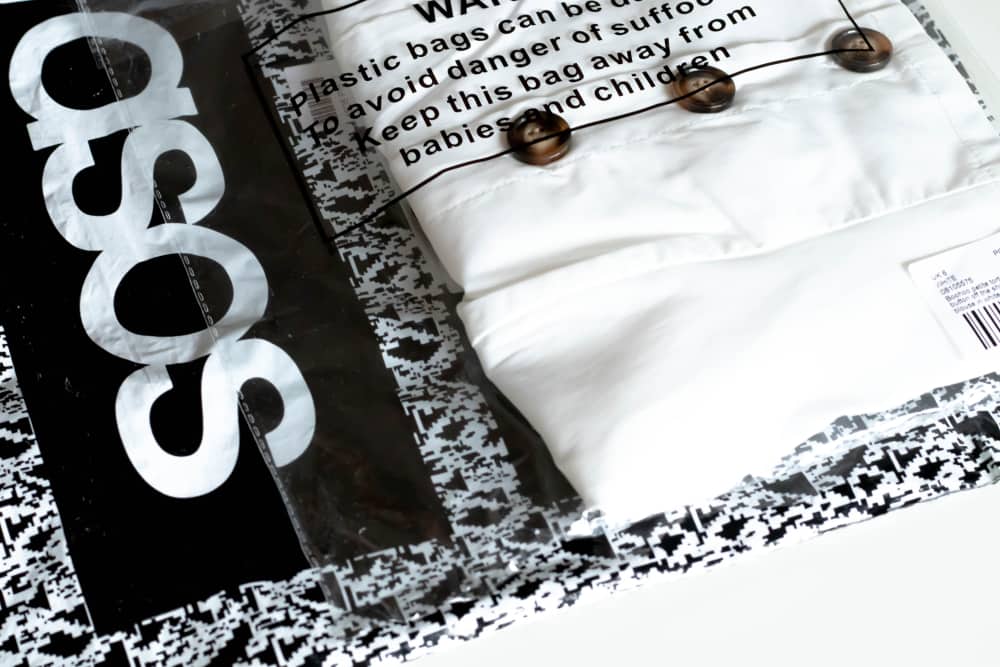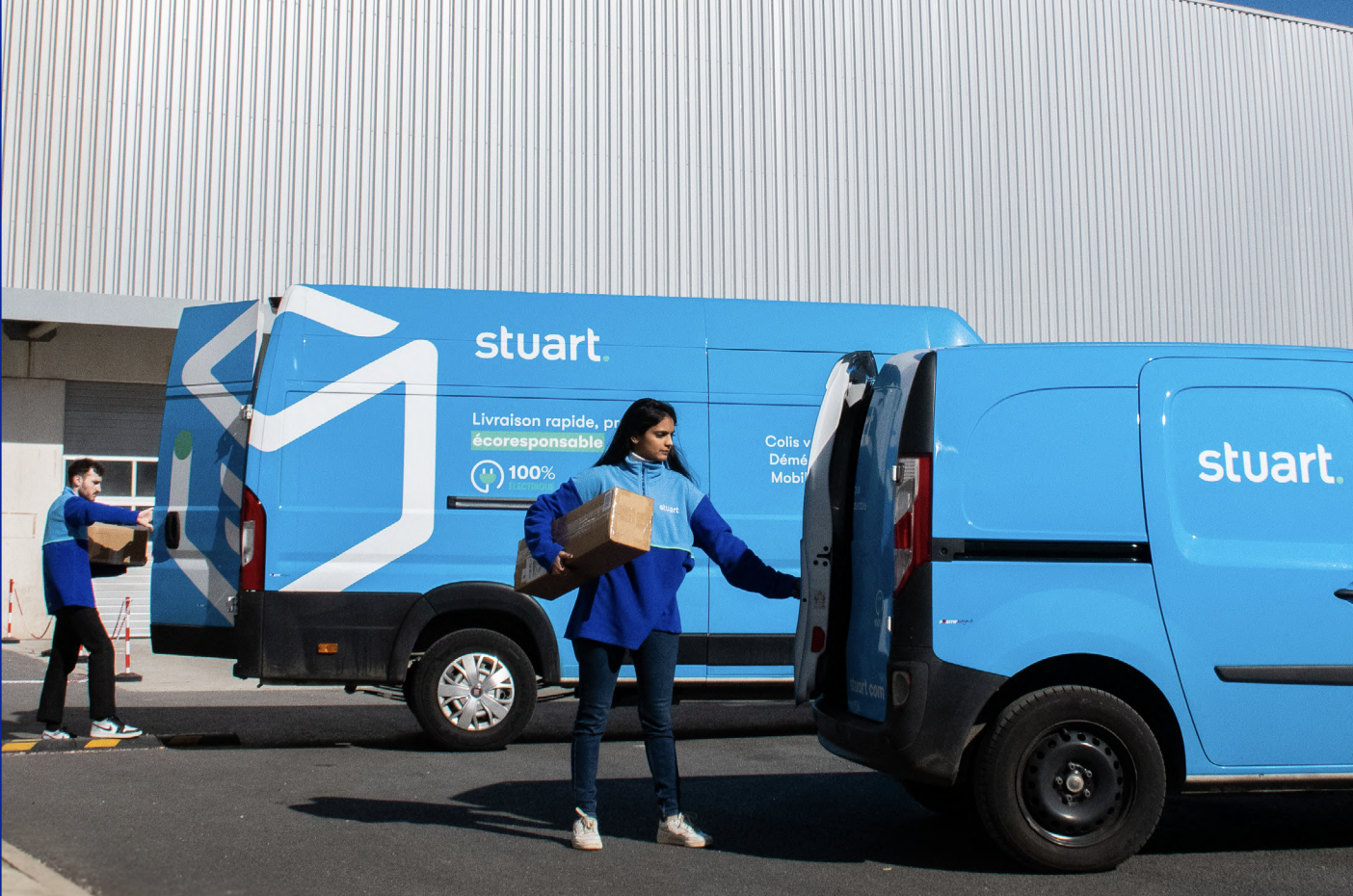Retailers which offer free returns are “paying the price” for such customer experience, as the UK fashion industry lost £7 billion in returns last year, new research has revealed.
According to DeliveryX 2023 Returns Report, customers have now become accustomed to being able to purchase, trial and return items at no cost to themselves, instead, impacting the retailer’s finances as well as the environment.
The research also claimed that 3% of all returns are not able to be resold, with 50% of all returned items ending up in a landfill.
Click here to download DeliveryX’s 2023 Returns Report
However, compared with brick-and-mortar stores, if an item is undamaged, it could find itself pretty quickly back on the shop floor and up for sale once more, compared to online, where the retailer not only has to rely on the consumer to return items promptly, it also counts on the customer being truthful as to why the product is coming back.
“The reverse logistics process does not have the visibility of the initial dispatch. If an item is being returned, it can come back to the retailer in many different ways, and conditions, with the retailer unsure when it may appear,” the report stated.
Last year, Spanish fashion retailer Zara became one of the first retailers to start charging for returns, with the price of reverse logistics being taken from the customer’s refund.
Soon, other fashion retailers followed suit and Boohoo, New Look, Mountain Warehouse and Moss Bros have all started deducting the cost of a return from refunds.
However, according to UserTesting, a provider of video-based human insight, 60% of UK shoppers would reconsider purchasing from a retailer if it introduced fees to return online orders.
Image credit: Shutterstock










